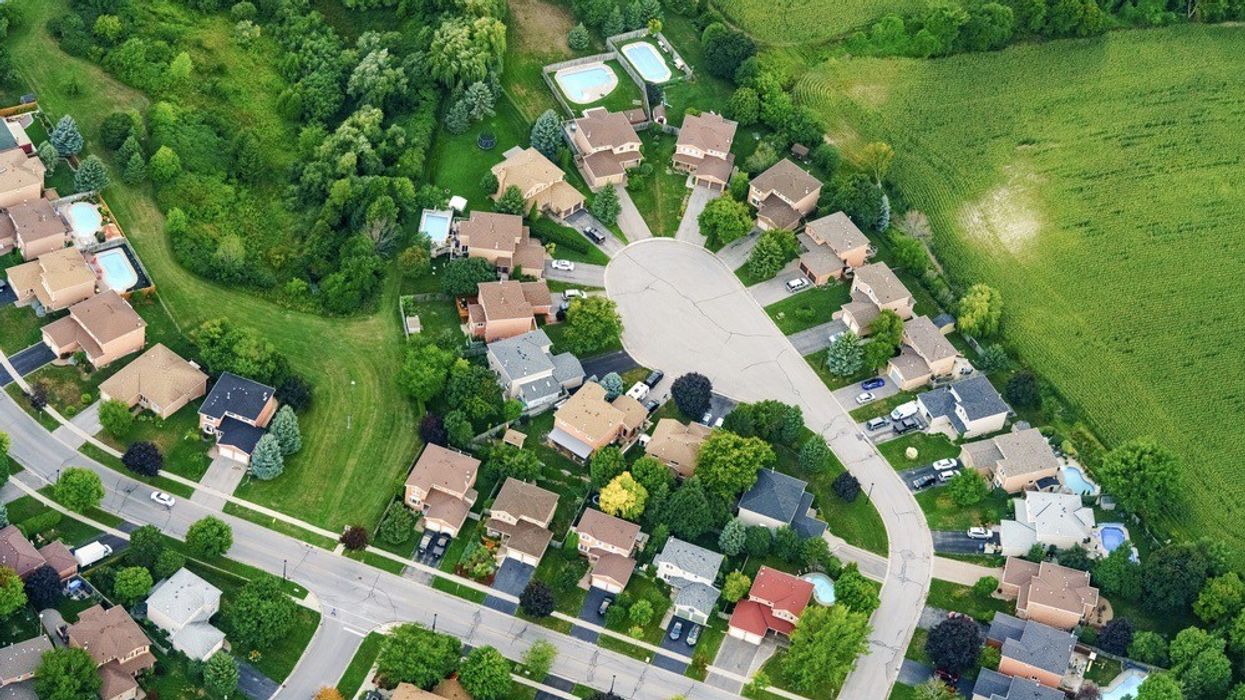While talks of the Canadian housing market heating up have been an ongoing narrative for quite some time, an RBC economist says that not only is it now a "national concern", it also calls for a policy response.
It's no secret that in light of the pandemic, Canada's housing market has been nothing short of, um, let's say resilient? But as activity continues to heat up while inventory remains generally low, prices are rising skyrocketing, which is now raising concerns, according to a new research note from RBC economist Robert Hogue.
To further stoke the already red hot fire, buyers and sellers expect prices to continue to escalate, and Hogue says until recently, Canadian housing-market worries mostly reflected conditions in Toronto and Vancouver.
Though the tune has changed and it is now a national concern, as prices are rising fastest in smaller markets outside of major markets like Mission BC, Tillsonburg ON, Sainte-Adèle QC, and Moncton NB.
READ: 60% of Canadians Expect Home Prices to Increase Over the 6 Next Months
Because of this, mortgage borrowing -- which is rising at the strongest rate in nearly a decade (7.2% year-over-year in January) -- and the size of new mortgages, are further adding to average household debt.
Another concern is that interest rates are currently at rock-bottom levels, couple this with changing housing needs and surging household savings, and demand only continues to grow. Not to mention, surging prices are also pulling demand forward, causing a panic among buyers as they face a fear of missing out on smaller markets’ relative affordability. (And we do mean 'relative'.)
As such, Hogue says policymakers should step in and do something because an overheated housing market threatens to "destabilize the economy down the road if or when a correction occurs, with possible heavy costs for governments."
"The threat is particularly potent because excessively high price expectations are widespread," says Hogue, adding that Canada hasn’t had a market overheating of this scope since the late 1980s.
As for what policymakers should do, Hogue says they should consider a range of options, but first and foremost, policymakers should heighten efforts to address the supply issues that existed before the pandemic.
Hogue described these efforts as lightening the regulatory burden for new housing approvals to quicken supply response; adjusting municipal zoning to allow more ‘missing middle’ homes in large urban centres; growing Canada’s stock of affordable housing significantly; and removing disincentives to build (market) rental apartments.
READ: Bank of Canada Finally Sees Early Signs of Overheating in the Housing Market
Hogue also noted that policymakers should look at a range of options that would help discourage speculative activity, perhaps similar to New Zealand’s recently announced phasing-out of mortgage interest expense tax-deductibility for investors.
On a more fundamental level, Hogue suggested that governments should take a broader look at the support they provide to homeownership, and the degree to which it contributes to extrapolative price expectations.
The economist also suggests further tightening mortgage-lending rules if signs of household debt stress emerge.
"Historic government aid and financial institutions’ debt payment deferral programs have distorted the household debt picture since the pandemic —debt ratios, and delinquency and bankruptcy trends look surprisingly benign," said Hogue.
However, he noted that while there may be issues "brewing beneath the surface," policy options could include stricter stress tests, raising the minimum down payment, and lowering the cap on refinancing.
There are, of course, some measures that policymakers should avoid, including implementing measures that ultimately heat up demand further or reduce labour mobility.
The Bank of Canada has already publicly said there are early signs of overheating in the national housing market, though despite these signs there are so far no plans for policymakers to intervene and raise interest rates until the economy and employment are back on track following the declines caused by COVID.
However, Bank of Canada Governor Tiff Macklem has said the situation should be monitored “very closely” and that the bank will keep an eye on debt levels, as mortgage debt rises as households pay down other debt like credit cards and personal loans.





















